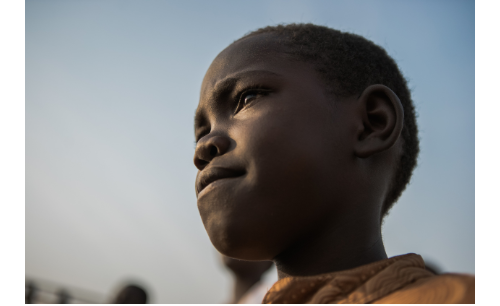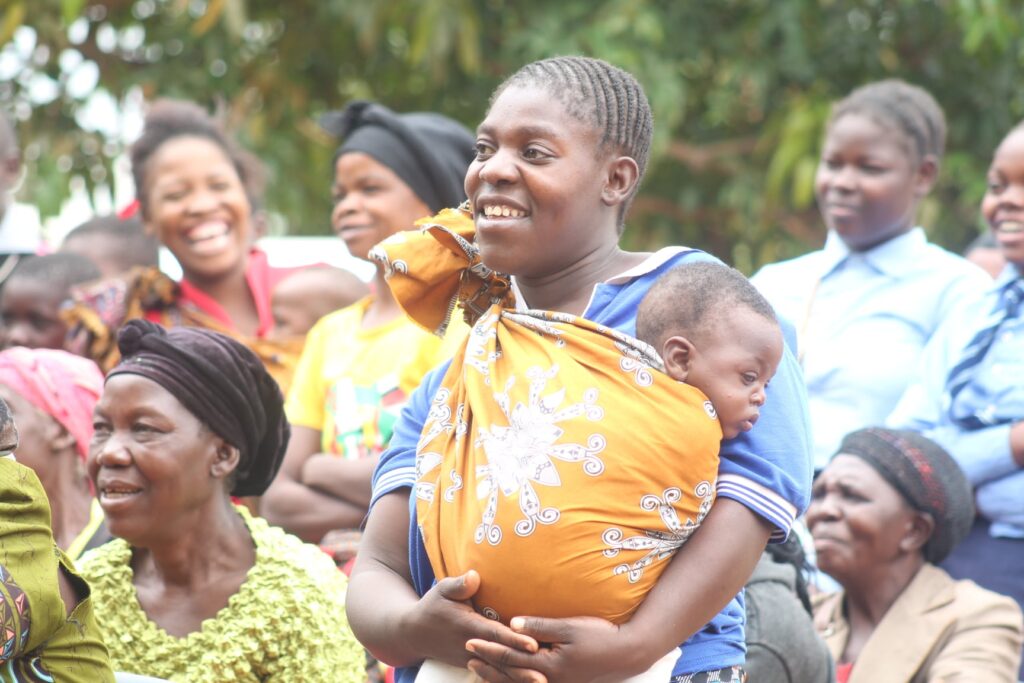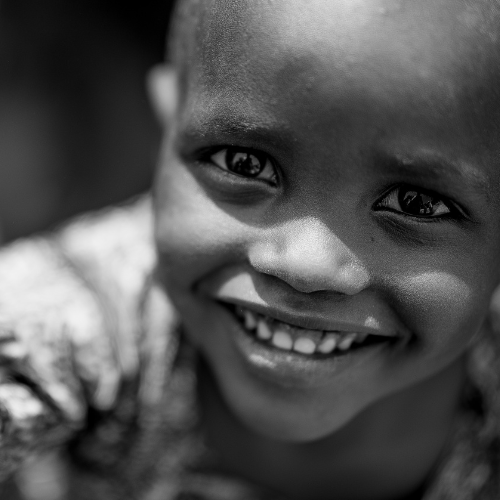
Addressing Mental Health and Psychosocial Issues Among Refugee Children: REPSSI's Response
Refugee children fleeing conflict face severe trauma, including sexual violence, substance abuse, and emotional instability. REPSSI’s project addresses these issues through counseling, life skills training, and psychosocial support. The intervention empowers trained duty bearers to provide sustainable mental health interventions for displaced children and promoting resilience and recovery.
OUR PROGRAMMING
The Mantapala Refugee Settlement in Zambia was established in 2018 to accommodate 15,200 refugees fleeing civil conflict in the Democratic Republic of Congo (DRC). Today, the camp hosts approximately 16,000 residents, primarily from the DRC. The REPSSI project, titled "Strengthening MHPSS Services for Displaced Children and Youth", focuses on addressing the psychosocial and mental health needs of forcibly displaced children and youth (FDCY). The project is implemented in collaboration with terre des hommes Germany (tdh) and local partners such as Lifeline/Childline Zambia and Caritas Zambia. It aims to help FDCY cope with trauma and ongoing mental health challenges resulting from their displacement.

Project Approach and Model

The "Strengthening MHPSS Services for Displaced Children and Youth" project adopts a Mental Health and Psychosocial Support (MHPSS) approach, which involves building the capacity of key duty bearers—including camp staff, community, and religious leaders—to enhance their ability to provide psychosocial support. The intervention focuses on fostering resilience in FDCY by addressing critical issues like sexual and gender-based violence, substance abuse, and emotional trauma. Group-based life skills activities, individual therapy sessions, and sports-based initiatives are used to promote self-awareness, positive behavioral changes, and mental well-being.
The capacity-building efforts under this project begin with the training of 45 Master Trainers, including 15 based in Zambia. These Master Trainers are equipped with MHPSS practices, mental health literacy, psychosocial support techniques, and self-care strategies. They, in turn, cascade this knowledge to 450 duty bearers and community leaders in their respective regions. The process includes regular quarterly debriefings to help duty bearers process challenges and foster resilience. This cascading model ensures that the project’s benefits reach various community sectors and support long-term impact.
The project directly targets 600 children and adolescents, with 200 beneficiaries in Zambia. These young people receive MHPSS services through group-based interventions like life skills training, individual counseling, and psychosocial support sessions. Additionally, the project promotes mental health literacy and fosters social cohesion through community dialogues. Schools and health facilities are also engaged in the project, with MHPSS-sensitive action plans integrated into their frameworks to ensure a supportive environment for the children and adolescents.
The “Strengthening MHPSS Services for Displaced Children and Youth” project highlights the critical need for ongoing mentorship and support for duty bearers to ensure the effective delivery of MHPSS services. The integration of MHPSS services into existing community structures has been key to sustaining the program’s impact beyond the project period. However, challenges remain, including the limited capacity of local service providers and scarce resources. Advocacy for policy reforms to better address the mental health needs of displaced populations is necessary to further improve the effectiveness of the intervention.
The project employs a comprehensive monitoring and evaluation (M&E) system. Baseline and endline surveys are conducted to assess the effectiveness of interventions, particularly in terms of knowledge and capacity among duty bearers, as well as changes in mental health outcomes for FDCY. Regular debriefings and feedback forums allow for continuous improvement and refinement of the program. External audits are conducted to ensure financial transparency and accountability throughout the project’s duration.
Through this structured approach, the “Strengthening MHPSS Services for Displaced Children and Youth” project demonstrates a sustainable model for addressing the mental health and psychosocial needs of refugees in Zambia, while building the capacity of local stakeholders and service providers to ensure long-term benefits.
